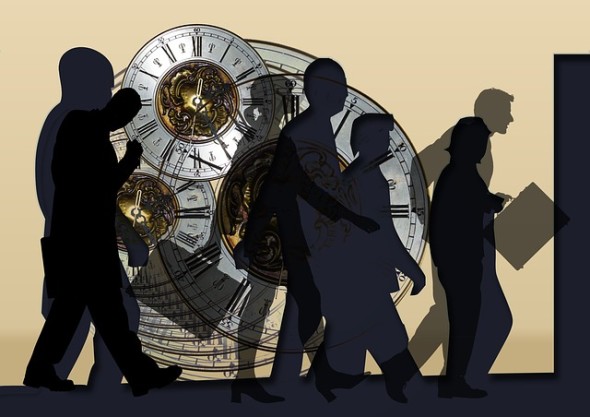Software companies are on the watch as the International Earth Rotation and Reference System Service or IERS in Paris announced the need for a leap second this year. The Earth is going to get an extra tick, and extra second on June 30, 2015.
A leap second is an extra second added to Coordinated Universal Time or UTC so that atomic clocks and astronomical clocks remain in synced. The Earth’s rotational speed around its own axis (which determines the length of a day) is slowing down causing it to differ slightly from the very accurate atomic clocks. So life on Earth may have gotten fast-paced in the modern era, in truth, it’s quite the opposite based on the time it takes for the planet to rotate on its own axis.
This isn’t the first time for the world to experience a leap second. About 25 extra ticks have been periodically added to the clock since 1972, the most recent being on June 30, 2012. The day upon which the extra second is added becomes a second longer than the rest of the days.
The leap second in 2012, however, disrupted software platforms like Linux operating system and the Java application, causing many websites such as Reddit, Mozilla, Gawker to bug down. This year’s leap second is expected to cause the same bugs, but software companies have time and experience to prepare.
Due to the disruptions in software platforms, some countries like the United States suggested to get rid of leap seconds arguing that the extra second gravely affects precision systems present in communication and navigation, among other things. Other countries, however, welcome leap seconds saying it’s risky to have discrepancies between atomic clocks and the Earth’s rotation.
An international radio communication conference was held in 2012 to address leap second concerns, but decisions have yet to be made. What software companies and website managers need to do is to have contingency plans to minimize if not prevent any unwanted disruptions when July 1 arrives.





